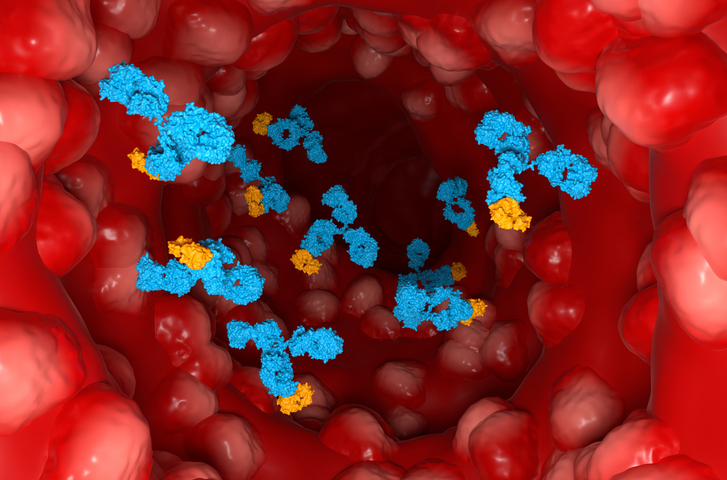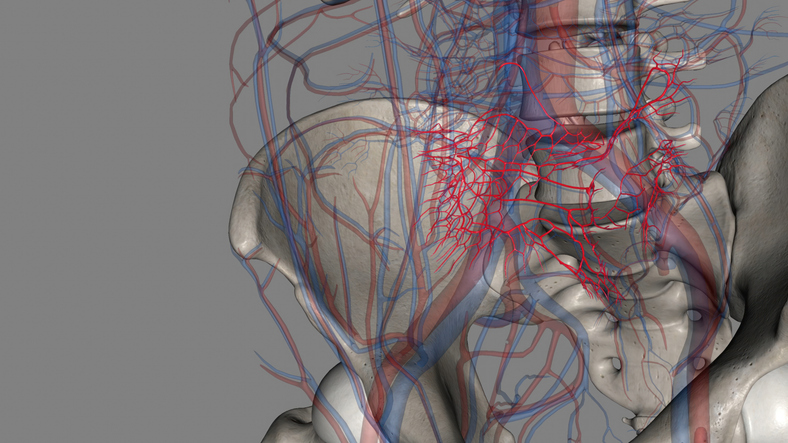
People with Crohn disease (CD) who have associated joint inflammation due to immune system dysfunction carry distinct gut bacteria, and the bacterium Mediterraneibacter gnavus is a potential biomarker, according to a study published in Gut Microbes.
To assess which gut bacteria correlate with joint inflammation in patients with CD, the researchers analyzed deidentified stool samples obtained from 106 people with inflammatory bowel disease. The investigators assessed samples from 44 participants with CD without joint inflammation, 39 with CD and peripheral spondyloarthritis, 14 with CD and axial spondyloarthritis, and 9 healthy participants.
To elucidate their understanding of gut bacteria in these groups, the investigators analyzed the serum samples of study participants and incubated them with their stool samples. Subsequently, they identified bacteria that were coated with a specific type of antibody, IgG.
The investigators observed IgG coating of M gnavus in 33% individuals with CD and peripheral spondyloarthritis, 29% of those with CD and axial spondyloarthritis, and 11% of those with CD without inflammation and healthy participants.
Moreover, the study showed that people with CD without joint inflammation and those with CD and peripheral spondyloarthritis carried a distinct gut bacteria compared with healthy participants. Furthermore, the gut bacteria of individuals with CD and axial spondyloarthritis were distinct from the gut bacteria of individuals with CD and peripheral spondyloarthritis, the researchers noted. They added that the level of IgG coating in the peripheral blood was also linked with disease activity scores in individuals with inflammation.
“While joint inflammation is one of the most common extraintestinal manifestations of Crohn’s disease, clinicians don’t have a good handle on why this happens and how to treat it,” said the study’s senior author Dr. Randy Longman, director of the Jill Roberts Center for Inflammatory Bowel Disease at Weill Cornell Medicine and New York–Presbyterian/Weill Cornell Medical Center and an associate professor of medicine at Weill Cornell Medicine, via a press release.
Dr. Longman added. “The research also raises the possibility that there could be a causative link between the gut microbiota and immune cell responses that govern inflammation, but further investigation is needed.”
Possible biomarker identified for Crohn’s disease with arthritis type. March 5, 2025. Accessed March 17, 2025. https://news.weill.cornell.edu/news/2025/03/possible-biomarker-identified-for-crohn%E2%80%99s-disease-with-arthritis-type







 © 2025 Mashup Media, LLC, a Formedics Property. All Rights Reserved.
© 2025 Mashup Media, LLC, a Formedics Property. All Rights Reserved.